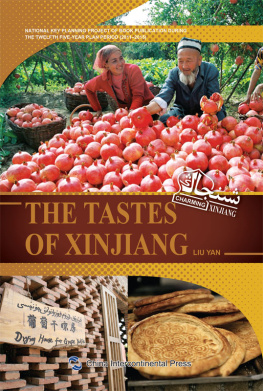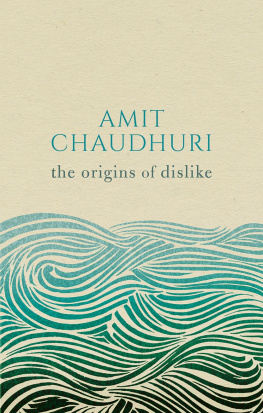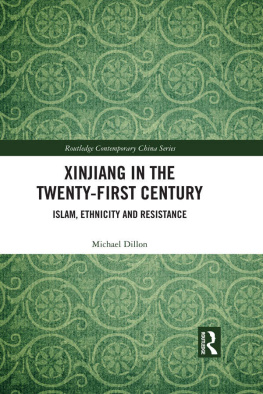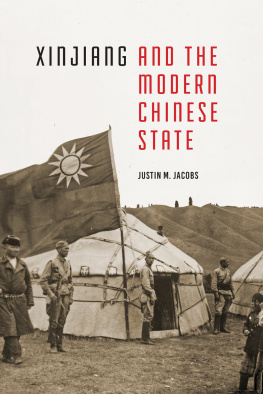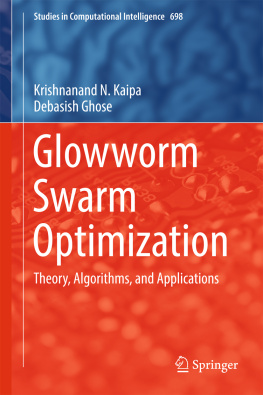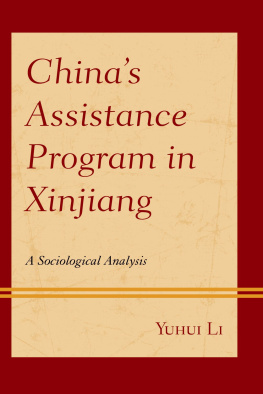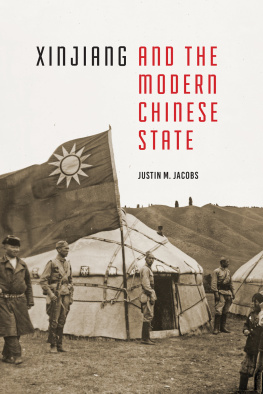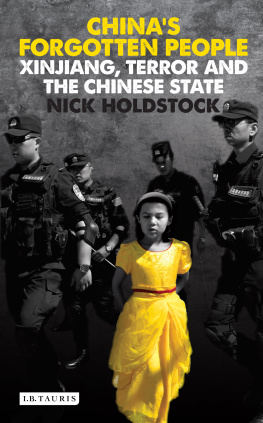
Xinjiang and the Chinese State
This book focuses on the nature of ethno-national conflicts and impacts of ideological orientation of the Communist Party of China (CPC) towards the national question in the context of Han nationalism and political, economic and security policies towards Xinjiang. Violence in Xinjiang since the mid-1990s is projected as one of the major national security challenges for China, along with issues pertaining to Tibet and Taiwan. The author argues that the post-Mao reformist model may have been a beneficial economic and political innovation, but failed in dealing with regional conflicts and unrests arising out of the demands for independence, freedom, greater autonomy and assertion of democratic and civic rights.
The book discusses Chinese nationalism and the construction of Uyghur national identity, consequences of economic modernisation in the region, ethnic conflicts and coercive measures, the security and social stability situation in Xinjiang, intensification of violence in Xinjiang under the new leadership, vision of the Chinese dream, key policies and programmes, post-riot fallouts and social contradictions manifest in discourses surrounding development, separatist violence, religious fundamentalism and international terrorism.
With its in-depth, accessible and comprehensive analyses, this book will be a valuable addition to scholars and researchers of Chinese studies, politics and international relations, security and strategic studies, sociology, social anthropology and ethnic studies.
Debasish Chaudhuri is an independent researcher and Adjunct Fellow at the Institute of Chinese Studies (ICS), New Delhi, India. He has been previously affiliated with Vivekananda International Foundation; Center for Asian and Pacific Studies, University of Oregon, USA; Centre for Studies of Developing Societies; Department of East Asian Studies, University of Delhi; and Centre for Chinese and South East Asian Studies, Jawaharlal Nehru University. He holds a PhD in Chinese Studies from the University of Delhi and has published several research papers, chapters in edited volumes, conference proceedings, articles in magazines and websites, translations and book reviews. His more recent published works include PRCs Performance in Maintaining Long-term Stability and Sustainable Development in Xinjiang (2013), Chinas Policy in Xinjiang, 194878 (2016) and Evolution of the Shanghai Cooperation Organization and the Role of India (2016).
First published 2018
by Routledge
2 Park Square, Milton Park, Abingdon, Oxon OX14 4RN
and by Routledge
711 Third Avenue, New York, NY 10017
Routledge is an imprint of the Taylor & Francis Group, an informa business
2018 Debasish Chaudhuri
The right of Debasish Chaudhuri to be identified as author of this work has been asserted by him in accordance with sections 77 and 78 of the Copyright, Designs and Patents Act 1988.
All rights reserved. No part of this book may be reprinted or reproduced or utilised in any form or by any electronic, mechanical, or other means, now known or hereafter invented, including photocopying and recording, or in any information storage or retrieval system, without permission in writing from the publishers.
Trademark notice: Product or corporate names may be trademarks or registered trademarks, and are used only for identification and explanation without intent to infringe.
British Library Cataloguing-in-Publication Data
A catalogue record for this book is available from the British Library
Library of Congress Cataloging-in-Publication Data
A catalog record has been requested for this book
ISBN: 978-1-138-06305-1 (hbk)
ISBN: 978-0-203-73216-8 (ebk)
Typeset in Sabon
by Apex CoVantage, LLC
To my ever anxious father dislocated from home, land and river he adored
Xinjiang was nearly shrouded from international gaze, media attention and scholarly inquisition after the Peoples Republic of China (PRC) consolidated its rule over the region in 1949. A large number of Uyghur opted India as an exit route to flee from their place of origin, while some chose to stay on in the Indian Territory for a considerably longer time. Their presence, however, hardly made any news in this country. India lost its connections with Xinjiang after the closure of the Indian Consulate in Kashgar in 1953 and information about any development in the region became practically inaccessible to foreigners since the late 1950s. Within a span of a few decades, Chinese nomenclature of place names of the region made it difficult for many to recognise even places once familiar to the reading public in India.
Xinjiang was of little academic concern and public interest outside the departments of Central Asian Studies in India until the late 1990s. There were similar trends in the Western scholarly interest over the region and many scholars point out a lack of comprehensive research on Xinjiang from 1949 to the 1980s. It was only after the terrorist attacks on the twin towers on 11 September that the Uyghur movement and the Xinjiang problem drew attention of researchers and strategic studies institutes in India, and Xinjiang-related news began to appear regularly in print and electronic media after the riots in Urumqi on 5 July 2009. Till date, however, besides few books, edited volumes and articles mainly by Central Asian scholars, serious research monograph on this subject has not been published by China-focused researchers in India.
It is Tibet that invariably comes to the mind of Indians when issues of autonomy, repression and overall policy towards national minorities in China are raised. In recent years, there has been discussions on whether India could effectively use the Uyghur card, which follows the same line of argument about usability of the Tibetan card, as the news of violent incidents regularly seep into public domain. The situation in Xinjiang and the Uyghur-led movements are, however, different in many ways from that of Tibet and Tibetan claim for autonomy. Tibet is an important component of bilateral relations between India and China, and research on the Tibetan question is quite extensive in India. This led me to make a conscious choice to focus on Xinjiang while pursuing advance Chinese language training in Beijing in the late 1990s, where I developed an interest in the minority problems of China.
During the gestation period of one semester, I attended Professor Yang Shengmins Uyghur history class at the Central Nationalities University on a personal capacity. One day after class, I happened to be with the professor while he talked with some Uyghur students and I heard one of the students asking an interesting question why should Uyghur be called a minority nationality? There is no easy answer to this question but it triggers other questions, the most salient of which is whether state-imposed minority designation is a privileged status in a multinational majoritarian state. Since both short- and long-term policies are decided by the central government without much consideration of expectations, requirements and demands of national minorities in an authoritarian polity, the book focuses on the nature of the Chinese state, regime ideology, state ethnic policies and majoritarian nationalism. In order to give a balanced interpretation of the situation in Xinjiang, I have tried to use as much of Chinese sources that I could collect, extensive English materials as well as views of diaspora Uyghur activists available in English.




